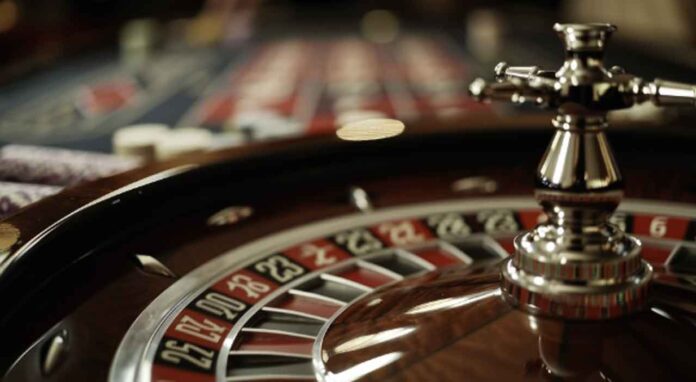Roulette is an exciting casino game that combines strategy, luck and suspense with every spin. Players place bets on where they think the ball will land, and with each spin of the wheel, the stakes increase, generating excitement and anticipation. While the game may seem simple, there is a deeper mathematical layer to it that affects the outcome. Providing players with the opportunity to enjoy roulette from the comfort of their own home is Jeetcity online casino, which offers a wide range of wheels and betting options. Known for its user-friendly interface and exciting gameplay, Jeetcity makes a great platform for both beginners and experienced players. In this article, we will look at the odds and probabilities associated with roulette, explore popular strategies, and find out if the inherent advantage of the wheel can be overcome.
How Does Roulette Work?
Roulette is typically played on a wheel with 37 or 38 slots, depending on whether you’re playing European or American roulette. The wheel is divided into pockets, numbered from 1 to 36, with an additional green pocket labeled “0” (or “00” in American roulette). Players place bets on where they think the ball will land, choosing from a wide range of betting options: from individual numbers to larger groups of numbers, colors, odd/even outcomes, or high/low ranges.
The dealer spins the wheel, and once the ball is released, players wait for it to land in one of the pockets. The mathematics of roulette revolves around the probabilities of where the ball will land, which can be calculated based on the number of pockets on the wheel and the type of bet being made.
The House Edge and Probabilities
One of the most important concepts in roulette is the “house edge,” which refers to the casino’s built-in advantage in the game. In European roulette, with 37 pockets (numbers 1 to 36 and a single zero), the house edge is approximately 2.7%. This means that for every $100 you wager, the expected loss over the long term is $2.70. In American roulette, which has 38 pockets (with an additional “00” slot), the house edge increases to about 5.26%, making it a less favorable game for players.
The house edge exists because of the presence of the zero (or double zero in American roulette), which gives the casino an advantage. If the wheel were made up of only numbers 1 to 36, with no zero, the odds of winning a bet would be more favorable to the player. The zero (or double zero) creates a discrepancy between the actual odds of winning and the payout odds, which benefits the house.
Can You Beat the Wheel?
The question many players ask is whether it’s possible to beat the roulette wheel and overcome the house edge. The simple answer is no, at least not consistently over the long term. Roulette is a game of chance, and while the mathematics behind the wheel can give you a better understanding of the odds, it does not provide a foolproof strategy for winning.
There are, however, several betting systems and strategies that players use in an attempt to gain an advantage. These include:
- Martingale System: A strategy where players double their bets after every loss, with the idea that a win will eventually recover all previous losses. While it can be effective in the short term, it is risky and can lead to significant losses if a losing streak continues.
- Fibonacci System: This strategy uses the Fibonacci sequence to determine bet sizes. After a loss, players move to the next number in the sequence to increase their bet size. While it is less aggressive than the Martingale system, it still does not change the underlying odds of the game.
- Labouchere System: A more complex betting strategy where players create a betting sequence and adjust their wagers based on wins and losses. Like the other systems, it doesn’t alter the fundamental odds of the game and carries its own risks.
While these strategies may offer short-term success or a way to manage losses, none of them can overcome the inherent house edge. The mathematics of roulette remains unchanged, and the odds of winning will always be in favor of the casino in the long run.
Conclusion
Roulette is a fascinating game of chance that combines excitement with the thrill of betting on where the ball will land. The mathematics behind the game is complex, involving probabilities, house edge, and various betting options. While there is no guaranteed way to beat the wheel, understanding the odds and making informed decisions can help you approach the game with a strategic mindset. Whether you’re playing on platforms like jeetcity or at a traditional casino, remember that roulette, like all casino games, is designed to be a game of luck with the house edge always in play. Enjoy the thrill, but be mindful of the mathematics that govern every spin.







